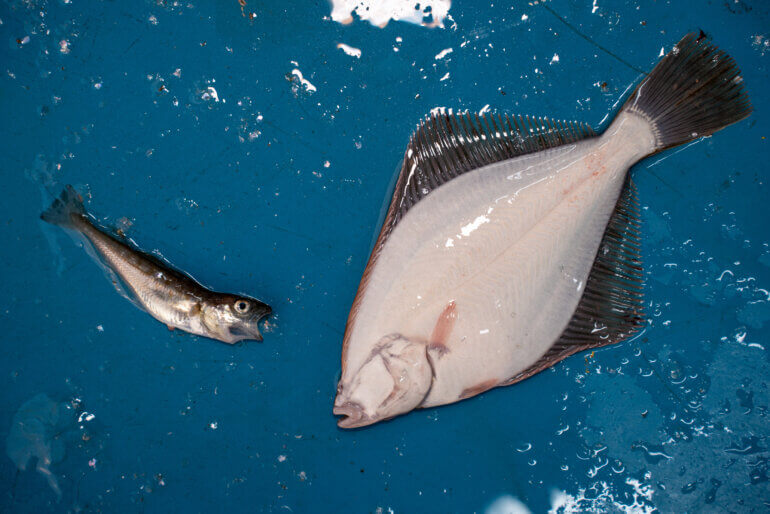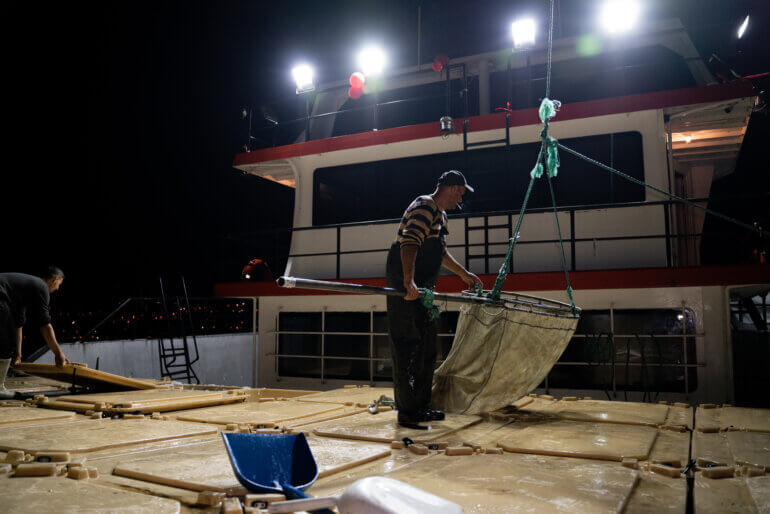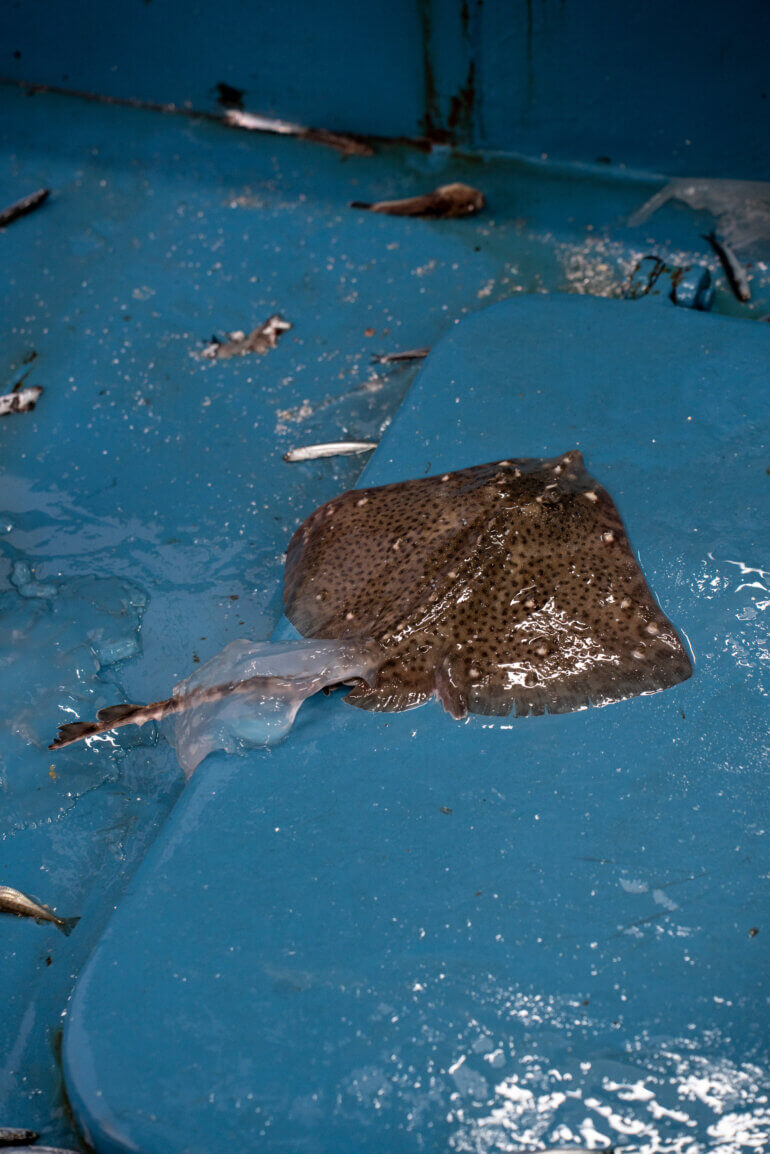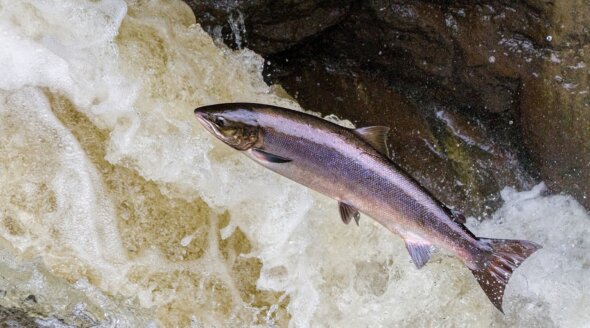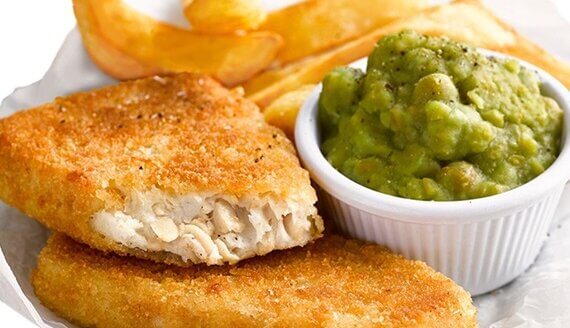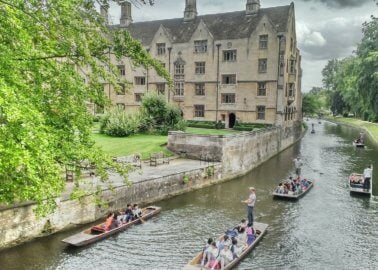Modern Slavery: The Fishing Industry Is a Human Rights Issue
The fishing industry is the biggest killer of animals in the world – it’s estimated that more than 1 trillion fish die at the hands of humans each year by being hauled out of the oceans by hook or net. Fish experience fear and feel pain, just as all animals do, and they’re not the only ones who suffer for greed in the fishing industry, in which forced labour and the exploitation of vulnerable humans is rampant. Society’s desire for animal flesh is resulting in the abuse of both fish and humans aboard these vessels.
BBC Investigation Into Scottish Fishing Firm
A BBC investigation exposed that people are trafficked and forced to work in horrific conditions on fishing boats around the world. Many of these individuals are held against their will under threat of violence and deprived of sleep, adequate food, and medical care. They work for days on end without rest, enduring gruelling conditions and inhumane treatment. Their plight often goes unnoticed, hidden by the vastness of the oceans and the remoteness of these operations.
The fishing industry profits enormously from these modern slavery practices, raking in billions every year. Exploited human beings are trapped in a cycle of abuse that profits the greedy and powerful while leaving the workers and animals in peril.
The BBC investigation exposed a small family-owned Scottish fishing firm. Thirty-five men from Ghana, India, the Philippines, and Sri Lanka were recognised as victims of modern slavery by the Home Office between 2012 and 2020. Joel Quince was one of the victims, and the BBC revealed that the company took his documents from him upon landing at Heathrow Airport and paid him less than minimum wage. He worked for 18 hours a day without adequate food, water, or clothing. The boats had CCTV to prevent him from resting on these gruelling days. Quince confided that he was subjected to verbal abuse and treated “like a slave”.
Thailand’s Prawn Flesh Industry Linked to Human Rights Abuses
According to a report by the Environmental Justice Foundation, the demand for prawn flesh has led to conflict over land rights, resulting in social problems such as increased poverty, landlessness, food insecurity, displacement of communities, pollution of drinking water, poor working conditions, and impacts on health and education.
In Thailand – the world’s largest producer of farmed shrimp – forced labour is widespread throughout the industry. A report by Human Rights Watch revealed that migrant fishers are trafficked from neighbouring Southeast Asian countries and paid below minimum wage, as they are not protected by Thai labour law. Testimony from a trafficking survivor exposed how some workers had to request permission from employers to quit but were told they must pay off debt first.
An Industry Built on Exploitation
The abuse faced by workers in the fishing industry is widespread and global. It’s a system that devalues life – both human and sea animal – prioritises profit over compassion, sustainability, and justice and perpetuates a cycle of violence that affects the entire planet.
Those who eat fish and other sea animals are complicit in a cycle of abuse that not only devastates marine ecosystems but also sustains modern slavery and human trafficking. It’s a grim reality, but it’s one that we each have the power to help change.
Humans and Sea Animals Alike Suffer
Fish are intelligent, sentient beings who feel pain, experience fear, and have complex social lives. Yet every year, billions of fish and other marine animals are caught and killed in the most violent ways imaginable: they’re impaled on hooks, crushed in nets, and suffocated on decks to satisfy a demand for seafood.
The cruelty does not end there. Bycatch – non-target species caught unintentionally – is another devastating consequence of commercial fishing. Dolphins, turtles, seabirds, and countless other marine animals suffer and die as collateral damage. The oceans, once teeming with life, are being depleted at an alarming rate, driven by the appetite for animal flesh.
What Can We Do? Stop Eating Sealife
The most effective way to stand against this exploitation of humans and marine animals is to stop supporting the fishing industry altogether. By choosing a vegan lifestyle, we can each send a powerful message that we will not stand for cruelty or exploitation in any form.
A vegan lifestyle means recognising that fish are not seafood but sealife – sentient beings who deserve to live free from harm. It means taking a stand against forcing vulnerable workers into slavery on fishing boats and choosing compassion over cruelty and justice over exploitation.

